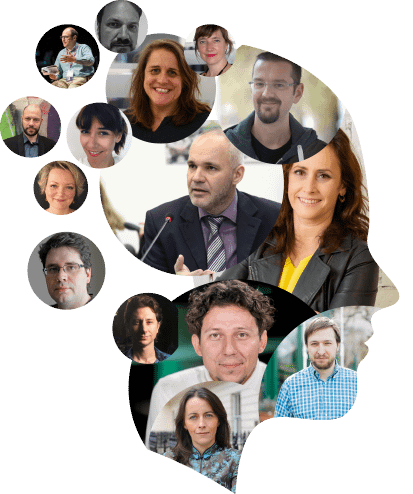This research was conducted at a moment when the disinformation challenge has never seemed higher. From the Covid-19 health crisis and parallel ‘infodemic’ to elections in the US and Belarus, 2020 has been a tumultuous year for our information ecosystems. It has also been a significant year for regulatory response to disinformation. The European Democracy Action Plan, a roadmap to enhance democratic integrity and resilience across the European Union, was released in December. It was followed by the Digital Services Act and the Digital Markets Act, regulatory packages to clarify the role and responsibilities of online platforms and increase accountability for online disinformation.
Regulation of online platforms will reduce opacity and better equip anti-disinformation actors like those interviewed here, but regulation is not a silver bullet. As a diffuse and rapidly evolving set of challenges, disinformation requires a broader response. Key to this response is a thriving, decentralized civil society ecosystem. Disinformation is a horizontal challenge by which more and more actors find themselves confronted. A decentralized architecture can catalyze multiplier effects and build capacity and resilience among those currently at the periphery of the disinformation threat (climate activists, health professionals, etc.).
Our aim in this project has been to try to understand this growing civil society network – their struggles and their successes – in order to better support their activities and fortify this ecosystem as a whole. Far from a comprehensive survey, this research can only scratch the surface of this vast landscape of actors. And yet even with this partial view or snapshot, we have been able to highlight trends and shared challenges, to pinpoint areas where collaboration is possible and where more support is necessary. It is our hope that these findings will further empower these actors and those like them, and provide evidence for the competent authorities to act.



